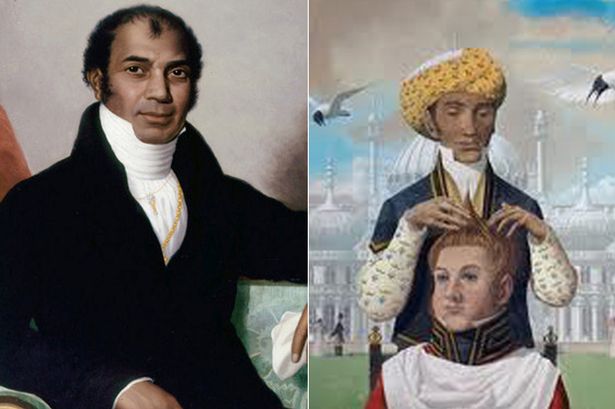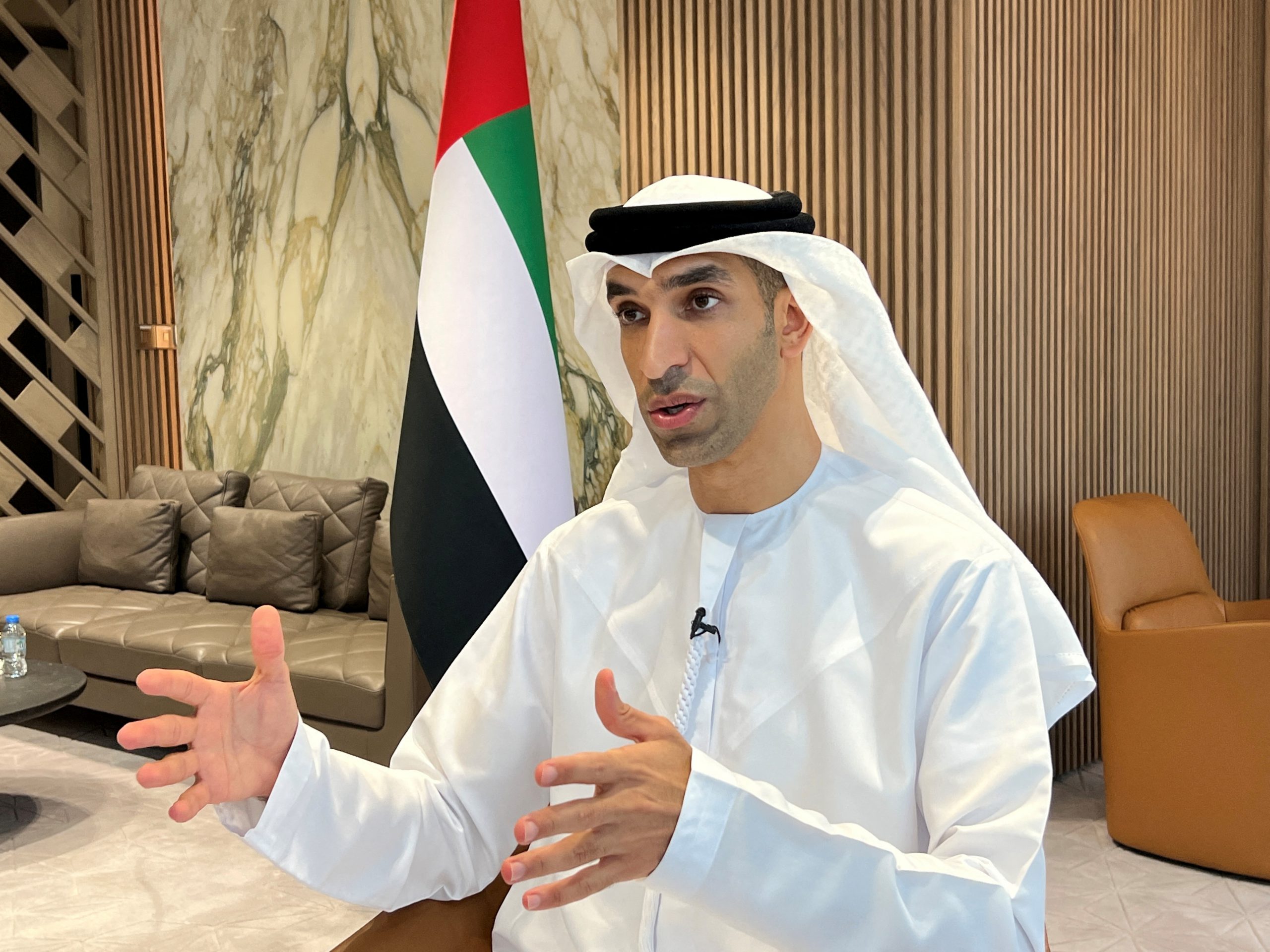Dean Mohamed: Indian surgeon who introduced Shampoo to the West
Mohamed adapted the Indian hair-cleaning technique to the Western world and renamed it “shampoo”.
The Indian surgeon Sake Dean Mohamed was the first person who introduced Shampoo to the west. The word “shampoo” is derived from the Hindi word “champu”, which means to knead or massage.
Mohamed was a trailblazing Indian Bengali entrepreneur, traveler, and writer, credited with introducing Indian culture and traditions to the Western world during the 18th century. One of his most significant contributions was the invention of shampoo, derived from the Hindi word “champi”.
Born in 1759 in the city of Patna, India, Dean Mohamed served as a surgeon in the British Army in India. After moving to Ireland in the late 1700s, he opened a steam bathhouse called the “Indian Medicated Vapour Bath” in 1784, which he later renamed to “Mahomed’s Baths”.
The steam bathhouse offered patrons a unique experience of the Indian tradition of steam baths. Mohamed’s bathhouse was a hit with the locals, including the aristocrats, who enjoyed the steam baths and the herbal massages.
Mohamed’s invention of shampoo came from his Indian heritage, where hair care is treated as an essential aspect of personal grooming.
In India, a traditional hair-cleaning technique called “champi” involved massaging the scalp with warm oil and herbs, which cleansed the hair and improved blood circulation.
For centuries in the Indian subcontinent, a range of herbs and their extracts have been utilized as shampoos. The origins of shampoo can be traced back to the Indus Valley Civilization, where an effective early shampoo was created by boiling Sapindus with dried Indian gooseberry (amla) and other herbs, followed by a strained extraction process.
Sapindus, also known as soapberries or soapnuts, are tropical trees commonly found in India. These trees were referred to as “ksuna” in ancient Indian texts and their fruit pulp naturally contains saponins, which act as a surfactant.
The extract from soapberries generates a lather that was referred to as “phenaka” in Indian texts. This shampoo left hair soft, shiny, and easy to manage. Other natural products used for hair cleansing included shikakai (Acacia concinna), hibiscus flowers, ritha (Sapindus mukorossi), and arappu (Albizzia amara). Guru Nanak, the founder and first Guru of Sikhism, made references to the soapberry tree and soap in the 16th century.
Mohamed’s shampoo became so popular that it was soon adopted by the British aristocracy, who made it a regular part of their grooming routine. The shampoo’s success led to Mohamed’s appointment as the personal “shampooing surgeon” to King George IV in 1822.
In addition to shampoo, Mohamed also introduced Indian cuisine to the West, opening the first Indian restaurant in London called the “Hindostanee Coffee House”. The restaurant became a popular meeting place for Indian nobility and Englishmen interested in Indian culture.
Mohamed was also a prolific writer, authoring two books, “The Travels of Dean Mahomet” and “Shampooing, or Benefits Resulting from the Use of the Indian Medicated Vapour Bath”. These books provided insights into Indian culture, medicine, and cuisine, and helped to introduce India to the Western world.
Mohamed’s legacy continues to inspire generations, and his contribution to the Western world will always be remembered.


